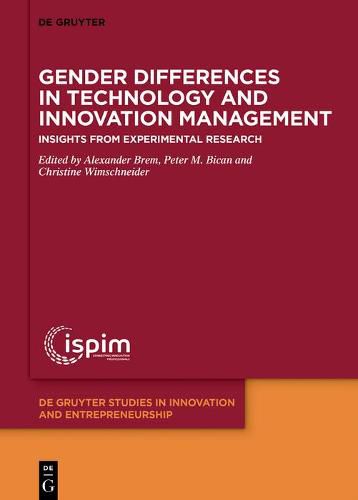Readings Newsletter
Become a Readings Member to make your shopping experience even easier.
Sign in or sign up for free!
You’re not far away from qualifying for FREE standard shipping within Australia
You’ve qualified for FREE standard shipping within Australia
The cart is loading…






This title is printed to order. This book may have been self-published. If so, we cannot guarantee the quality of the content. In the main most books will have gone through the editing process however some may not. We therefore suggest that you be aware of this before ordering this book. If in doubt check either the author or publisher’s details as we are unable to accept any returns unless they are faulty. Please contact us if you have any questions.
Even though the number of working women has steadily increased over the last few years, women are still significantly under-represented in STEM activities (i.e. mathematics, informatics, science and technology).
In order to eliminate this under-representation, numerous education policies and corporate initiatives, particularly in the recent past, have been aimed at increasing women’s enthusiasm for STEM activities and professions. According to the latest surveys, however, it is clear that these efforts have not yet led to the desired success. Compared to their male counterparts, women continue to do fewer STEM activities.
One possible reason for this is that relatively little is yet known about the concrete impact of the above education policies on working with innovation and technology: What are the gender differences between women and men? Is it enough to recognize these differences, or should these differences ideally not only be recognized, but also treated appropriately or even encouraged?
This anthology deals with current topics in technology and innovation management against the background of these and other gender-relevant aspects. Empirical analyses and experiments in collaboration with companies from various sectors provide a sound scientific basis on which new results and findings are presented: How do women and men deal with creativity and competition? How are technologies applied and how can differences in access to technology be deduced?
Answers to these and other questions help decision-makers in politics and business to proactively use the differences between women and men to motivate women to work in the STEM field and to strengthen them by acknowledging existing differences.
$9.00 standard shipping within Australia
FREE standard shipping within Australia for orders over $100.00
Express & International shipping calculated at checkout
This title is printed to order. This book may have been self-published. If so, we cannot guarantee the quality of the content. In the main most books will have gone through the editing process however some may not. We therefore suggest that you be aware of this before ordering this book. If in doubt check either the author or publisher’s details as we are unable to accept any returns unless they are faulty. Please contact us if you have any questions.
Even though the number of working women has steadily increased over the last few years, women are still significantly under-represented in STEM activities (i.e. mathematics, informatics, science and technology).
In order to eliminate this under-representation, numerous education policies and corporate initiatives, particularly in the recent past, have been aimed at increasing women’s enthusiasm for STEM activities and professions. According to the latest surveys, however, it is clear that these efforts have not yet led to the desired success. Compared to their male counterparts, women continue to do fewer STEM activities.
One possible reason for this is that relatively little is yet known about the concrete impact of the above education policies on working with innovation and technology: What are the gender differences between women and men? Is it enough to recognize these differences, or should these differences ideally not only be recognized, but also treated appropriately or even encouraged?
This anthology deals with current topics in technology and innovation management against the background of these and other gender-relevant aspects. Empirical analyses and experiments in collaboration with companies from various sectors provide a sound scientific basis on which new results and findings are presented: How do women and men deal with creativity and competition? How are technologies applied and how can differences in access to technology be deduced?
Answers to these and other questions help decision-makers in politics and business to proactively use the differences between women and men to motivate women to work in the STEM field and to strengthen them by acknowledging existing differences.